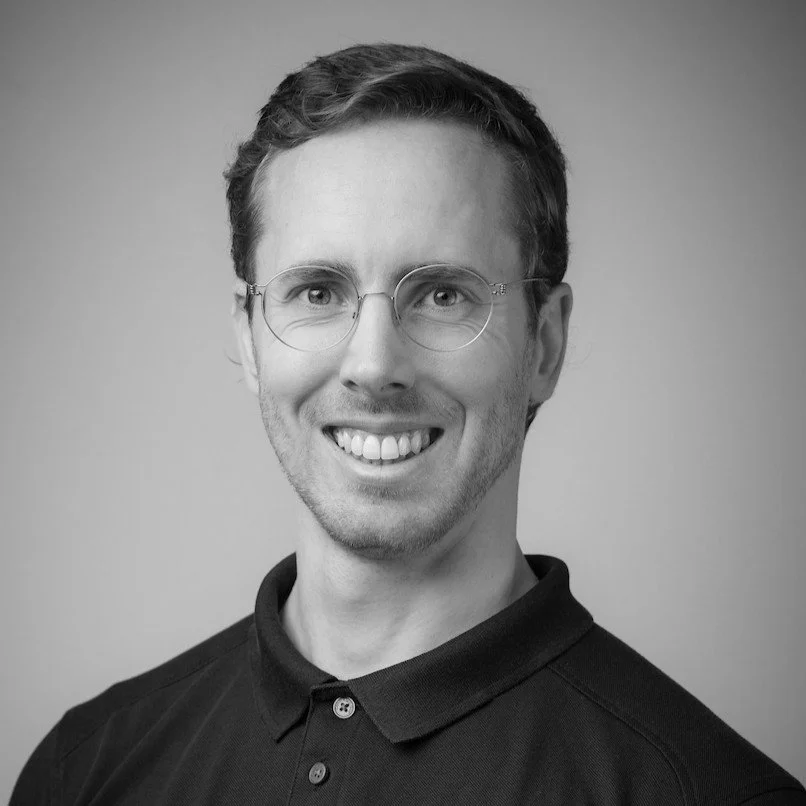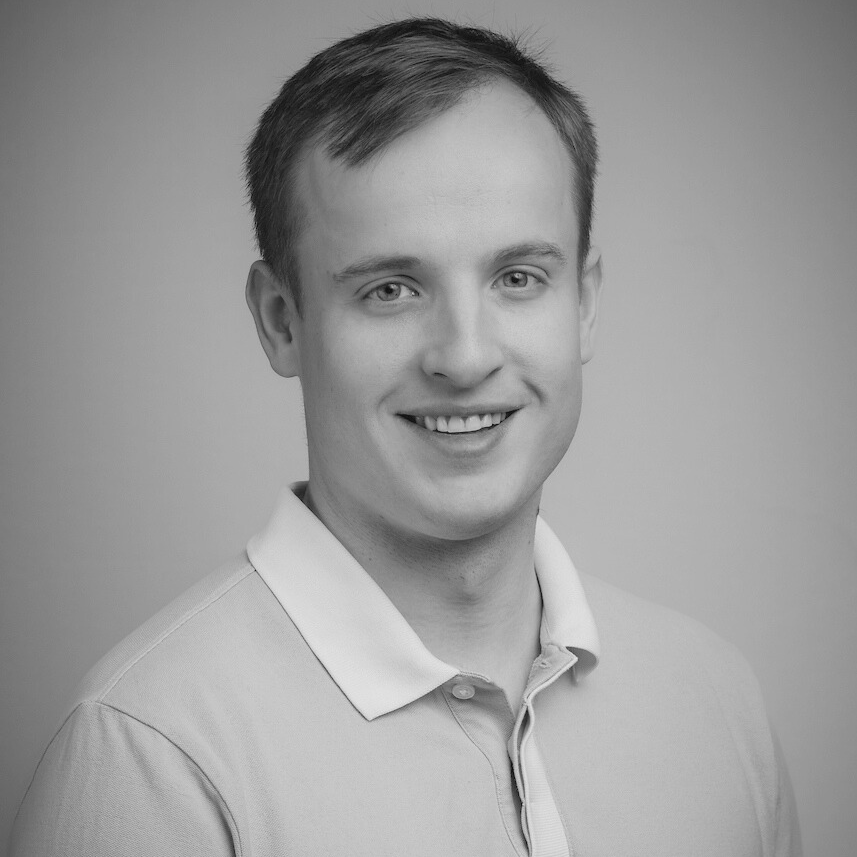Our People
Core Team
-

Stephen Wolfram
HEAD
Founder and CEO of Wolfram Research. Creator of Mathematica, Wolfram|Alpha and Wolfram Language. Author of A New Kind of Science and other books. Originator of the Wolfram Physics Project.
-

Carlos Zapata-Carratalá
FELLOW
PhD in mathematical physics. Leading the Arity Science Project. Founder and president of the Society for Multidisciplinary and Fundamental Research. Developed the strategy game EntropyTCG.
-

Nikolay Murzin
FELLOW
Researcher and developer. Quantum computation, machine learning and Wolfram Language enthusiast.
-

Xerxes Arsiwalla
FELLOW
PhD in theoretical physics. Works on quantum gravity, higher category theory, formal language and consciousness. Academic director, Wolfram Research. Cofounder, Association for Mathematical Consciousness Science. Former associate professor, Pompeu Fabra University. Authored over 100 academic publications.
-

Willem Nielsen
FELLOW
Received a B.A in computer science from Vassar College, Pursuing a Masters degree in information systems from NYU. Researching minimal computational models for biology and other complex systems.
-

Richard Assar
FELLOW
Richard studied artificial intelligence at the University of Edinburgh and has research engineering experience in both medical neuroscience and machine learning, as well as experience working in the games industry. His interests range from graph rewriting and compiler and programming language design to GPU and graphics programming.
-

Pavel Hajek
FELLOW
Pavel is a mathematician with a background in theoretical physics, originally drawn to Hamiltonian systems, symmetries, and quantization. His PhD and postdoctoral work bridged Chern–Simons theory, string topology, and symplectic geometry. He later worked as a full-stack software engineer on large-scale distributed systems and now merges his passion for science, programming, and the Wolfram Language at the Wolfram Institute.
-

Pedro Márquez-Zacarías
FELLOW
Pedro is a biologist interested in the theoretical foundations of biology, particularly the origins and persistence of self-organization, evolution, and complexity. Before joining the Wolfram Institute, he was an Omidyar Fellow at the Santa Fe Institute, where he conducted research in theoretical biology as well as in the historical and computational linguistics of Purépecha, his native language and culture.
-

-

Dugan Hammock
TECHNICAL RESEARCH COORDINATOR
Dugan Hammock is a mathematician and computational geometer specializing in hypershapes, aperiodic tilings, and quasicrystals. He creates geometric visualizations and art, and has experience as a researcher, tutor, and mentor.
-

Luke Wriglesworth
TECHNICAL ADMINISTRATIVE ASSISTANT
Luke holds a B.S. in Astronomy & Physics from the University of Toronto and a B.A. in Jazz Saxophone Improvisation from Humber College. He's passionate about computer science and physics, and enjoys playing live music in his free time.
Advisors
-
Gregory Chaitin
-
Bob Metcalfe
-
Nassim Nicholas Taleb
-
Hector Zenil
-
Philip Rosedale
-
Nova Spivack
-
Eduardo Sontag
-
Thomas Dullien
Affiliated Researchers
-
Alexander Blum
-
Sergio Quiroga Sandoval
-
Dashel Myers
-
Adam French
-
Liubov Tupikina
-
Eric Parfitt
-
Michael Ostroff
-
Luke Wriglesworth
-
Nicholas Frieler
-
Jacopo Uggeri
-
Brad Rose
-
Tate Allen
-
Giacomo Bocchese
-
Utkarsh Bajaj
-
Jon Lederman
Alumni
-
Mano Namuduri
-
Łukasz Majsiak
-
Anthony Sebastian Ramos Cisneros
-
Antonia Kaestner
-
Chandra Gangavarapu
-
Cynthia Arias
-
Eric Paul
-
Graham Van Goffrier
-
Hector Zenil
-
Marc Sperzel
-
Matthew Szudzik
-
Tiecheng Guo
-
Truman Tapia
-
Yousof Mardoukhi
Researcher Associated Organizations
-

Sorbonne Université
Paris, France
-

The University of Sydney
Sydney, Australia
-

The University of Edinburgh
Edinburgh, United Kingdom
-

University of Glasgow
Glasgow, United Kingdom
-

Mohammed VI Polytechnic University (UM6P)
Morocco
-

Max Planck Institute for the History of Science (MPIWG)
Berlin, Germany
-

University of Austin
Austin, Texas, USA
-

Perimeter Institute
Waterloo, Canada
-

University of Waterloo
Waterloo, Canada
-

The University of Texas at Austin
Austin, Texas, USA
-

Heriot-Watt University
Edinburgh, United Kingdom
Opportunities
Join the Team
View our open job positions on the opportunities page:
Become an Affiliated Researcher
Join the Wolfram Institute as an affiliated researcher and collaborate with leading specialists, engaging in groundbreaking projects connected to our thematic research areas. Use the Contact Us form to get in touch or join our Discord to introduce yourself.
